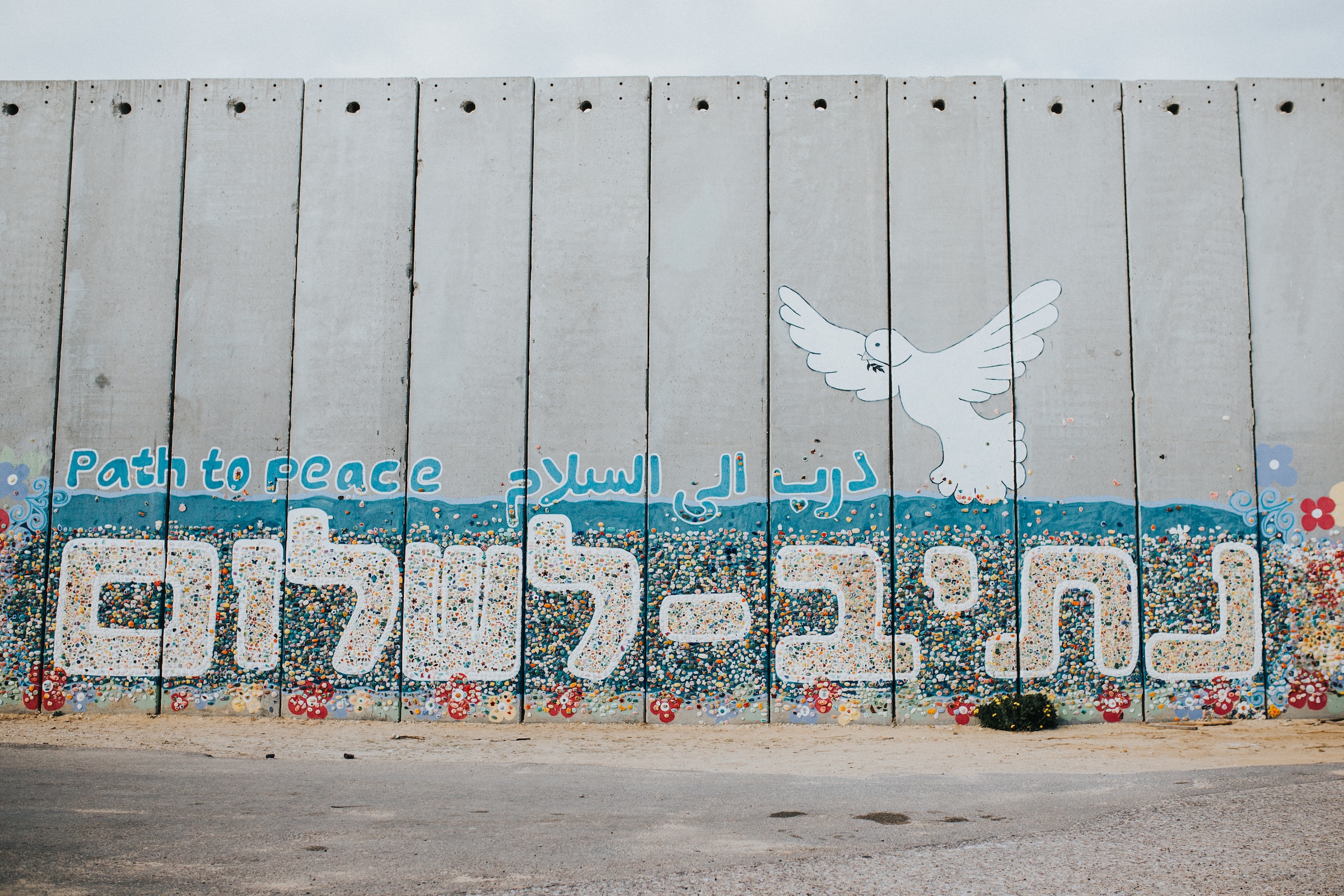Our hearts break

The violence unfolding in Israel/Palestine is horrifying and heartbreaking. As a follower of Jesus, I stand for peace and am opposed to killing. And as Dr. Martin Luther King Jr. said, “There can be no justice without peace and there can be no peace without justice.” The tensions between peace and justice makes this conflict so heavy and morally disturbing.
The brutal loss of life and hostage-taking on October 7 left me speechless, and now the horrific violence of the Israeli response grinds on relentlessly. I grapple with painful images, rhetoric from activists and media on both sides, and the various claims for justice. I am guided by our core values of passionate learning, global citizenship and compassionate peacemaking, as I work to transform my feelings of horror and heartbreak into active love.
On campus, our faculty, pastor and students are responding thoughtfully through vigils, conversations and writings in our student newspaper, The Record. It is time to move beyond speechlessness to a few words.
Here are a few things on my mind and heart:
Learn more. This conflict did not begin on October 7; it arises from a long and complicated history. I need to study history; indeed, multiple histories. I need to listen to the voices of Palestinians and Israelis, of Jews, Muslims, Christians and all those living in the region. This concise historical summary from a reliable library source was helpful to me, and revealed to me the gaps in my knowledge. For something more personal, I highly recommend this compassion-filled video conversation with Dr. Gabor Maté, a Holocaust survivor and renowned trauma specialist. He recommends a number of books and some media tips.
Pay attention to power; the imbalance is vast. Israel is the fourth greatest military power in the world. The Gaza Strip is 25 miles long and 5 miles wide, with 2.2 million inhabitants. Half are children, and 80% live in poverty. The situation in Gazan hospitals has become dire. Here are two map resources that shed light on the geography of Gaza and events ongoing there, one from the BBC and another from Al Jazeera.
Hold the hurt in prayer. Violence causes trauma, which begets more violence. Antisemitism and Islamophobia are rising, and Jews and Muslims are hurting. This is true on college campuses as well. Hold in mind someone affected, who may be yourself, and breathe God’s love to them.
I’ll end for now with this prayer offered by Mennonite Central Committee, which has been working in partnership with local people in this region for 74 years.
O God of life and love and peace,
We witness the violence and injustice in your Holy Land
And our hearts break.
Our hearts break for the people of Israel—
For the victims of violent attacks by Hamas
For those who live with fear and insecurity
For those who suffer from the inter-generational trauma of violence.
Our hearts break for Palestinians—
For the victims of violent attacks by the Israeli military
For those being denied water, electricity and medical care
For those who are refugees, long displaced from their homes.
We especially pray—
That weapons of war be laid down
That walls of separation be dismantled
That prisoners be released
That demonizing of “the other” cease
That political leaders seek the good of all people in Palestine and Israel.
O God, whose heart breaks for the world,
May your justice dwell in the land
May your righteousness abide in fruitful fields
May the effect of righteousness be quietness and trust forever
May the effect of justice be peace—enduring peace.
Amen
Rebecca Stoltzfus




